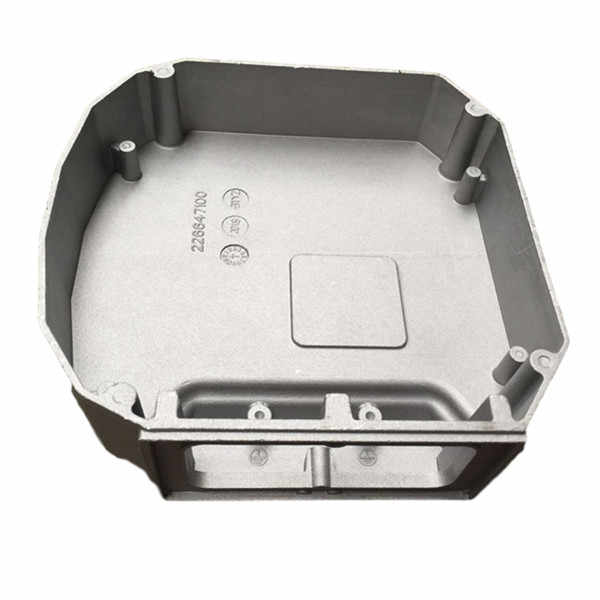Alcast Company - Questions
Alcast Company - Questions
Blog Article
The 7-Minute Rule for Alcast Company
Table of ContentsRumored Buzz on Alcast CompanyMore About Alcast CompanyOur Alcast Company PDFsAlcast Company - An OverviewThe 30-Second Trick For Alcast CompanyAlcast Company for Dummies
The subtle distinction lies in the chemical content. Chemical Contrast of Cast Light weight aluminum Alloys Silicon promotes castability by reducing the alloy's melting temperature level and boosting fluidness during spreading. It plays a vital function in allowing elaborate molds to be loaded accurately. Furthermore, silicon adds to the alloy's toughness and put on resistance, making it beneficial in applications where resilience is vital, such as auto components and engine parts.It also improves the machinability of the alloy, making it less complicated to process into completed items. In this way, iron contributes to the total workability of aluminum alloys.
Manganese adds to the toughness of light weight aluminum alloys and boosts workability (Aluminum Casting). It is frequently made use of in functioned aluminum items like sheets, extrusions, and profiles. The visibility of manganese aids in the alloy's formability and resistance to fracturing throughout manufacture processes. Magnesium is a light-weight element that offers stamina and effect resistance to aluminum alloys.
The Best Strategy To Use For Alcast Company
It enables the production of lightweight elements with exceptional mechanical homes. Zinc improves the castability of aluminum alloys and helps manage the solidification procedure throughout casting. It improves the alloy's stamina and hardness. It is typically found in applications where complex forms and fine information are necessary, such as ornamental spreadings and particular automotive parts.

The primary thermal conductivity, tensile toughness, return stamina, and elongation vary. Amongst the above alloys, A356 has the greatest thermal conductivity, and A380 and ADC12 have the least expensive.
The Best Strategy To Use For Alcast Company

Its special homes make A360 a valuable option for accuracy spreading in these markets, boosting product toughness and top quality. Light weight aluminum alloy 380, or A380, is an extensively utilized pop over to this web-site casting alloy with several distinctive qualities. It provides excellent castability, making it an ideal selection for precision casting. A380 shows excellent fluidity when molten, guaranteeing elaborate and thorough molds are accurately reproduced.
In precision casting, light weight aluminum 413 radiates in the Customer Electronic Devices and Power Devices industries. This alloy's premium corrosion resistance makes it a superb choice for outside applications, ensuring long-lasting, resilient items in the mentioned industries.
Getting My Alcast Company To Work
As soon as you have actually decided that the light weight aluminum pass away casting process appropriates for your task, an essential following action is picking one of the most suitable alloy. The aluminum alloy you choose will substantially influence both the casting process and the residential properties of the final product. Since of this, you should make your decision meticulously and take an informed strategy.
Figuring out the most appropriate light weight aluminum alloy for your application will mean considering a wide variety of characteristics. The first group addresses alloy characteristics that impact the manufacturing procedure.
Getting The Alcast Company To Work
The alloy you pick for die spreading straight impacts several facets of the spreading process, like how easy the alloy is to deal with and if it is vulnerable to casting problems. Hot breaking, also recognized as solidification cracking, is a common die casting flaw for light weight aluminum alloys that can cause inner or surface-level splits or splits.
Certain light weight aluminum alloys are extra at risk to warm breaking than others, and your selection needs to consider this. It can harm both the cast and the die, so you need to look for alloys with high anti-soldering buildings.
Rust resistance, which is already a noteworthy feature of light weight aluminum, can vary substantially from alloy to alloy and is an important characteristic to take into consideration depending upon the ecological problems your product will certainly be subjected to (Casting Foundry). Wear resistance is an additional residential or commercial property commonly sought in light weight aluminum products and can separate some alloys
Report this page